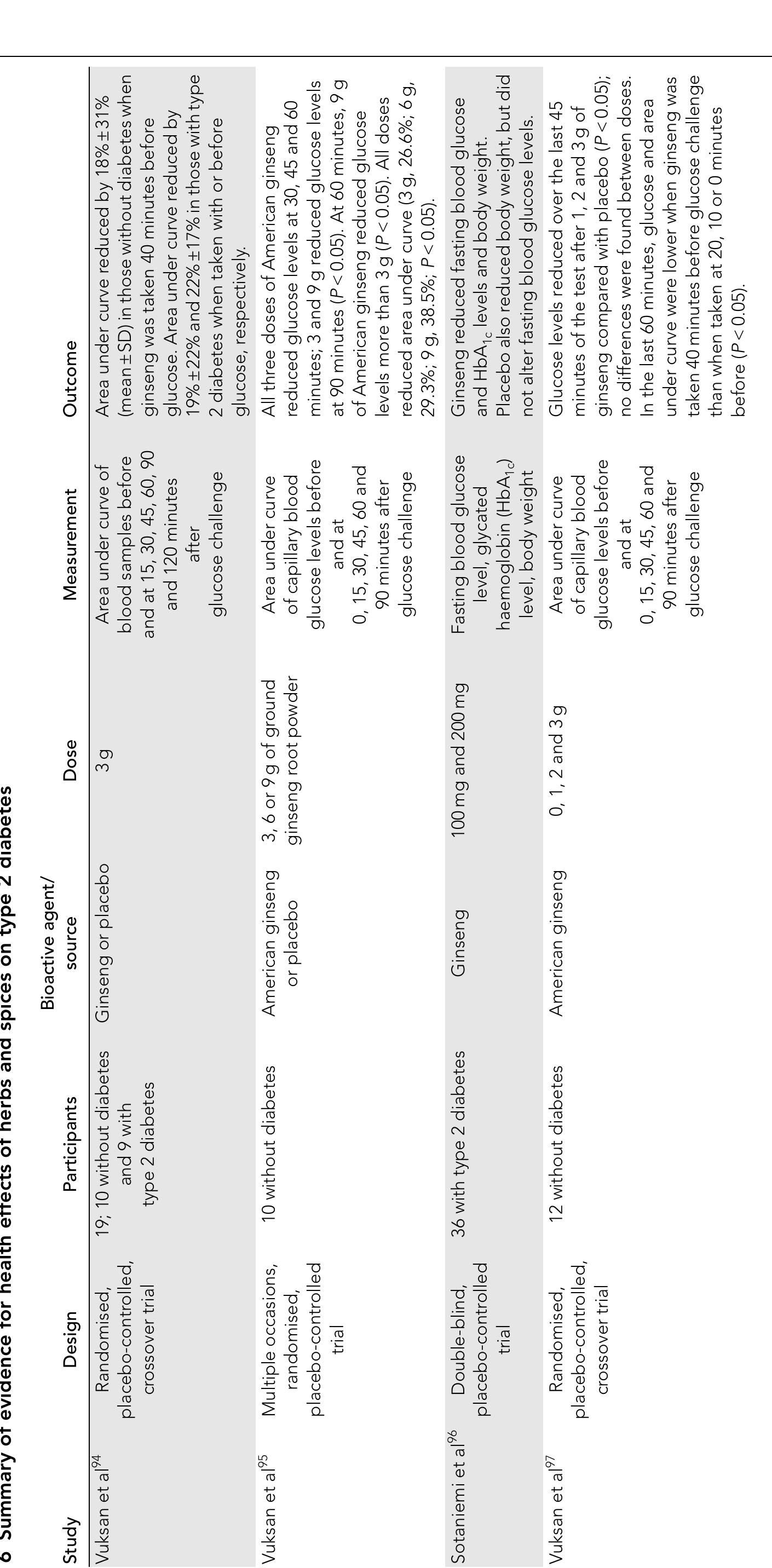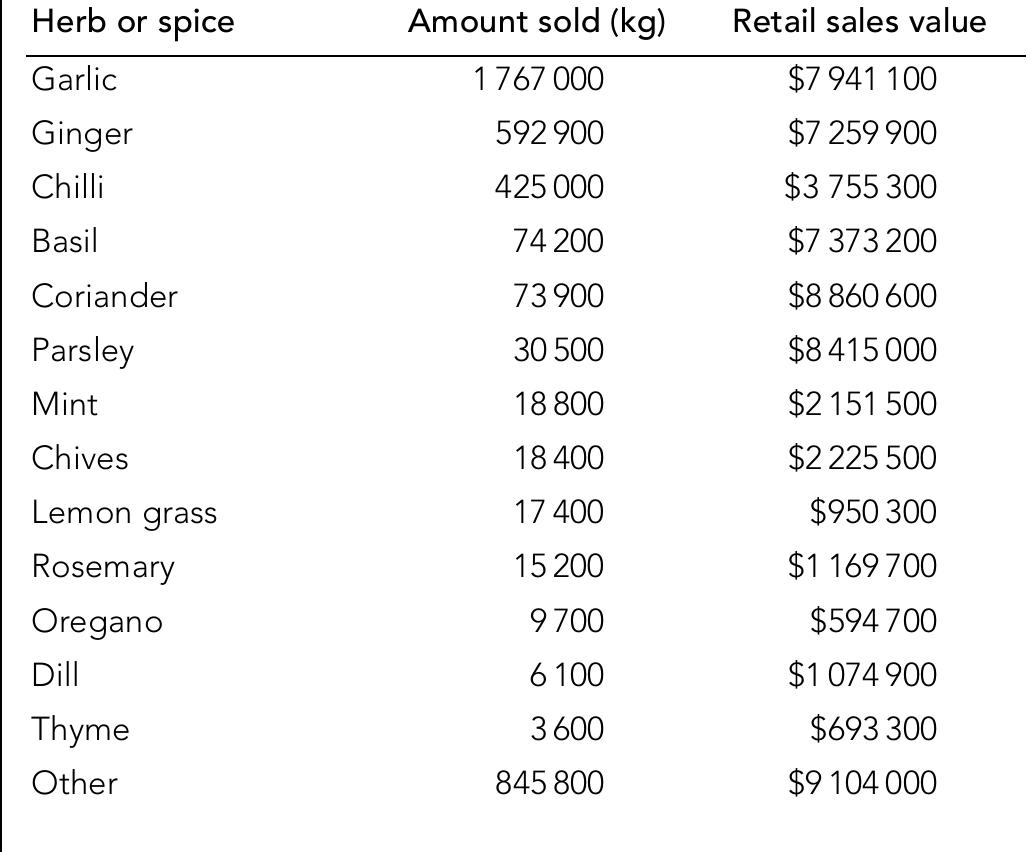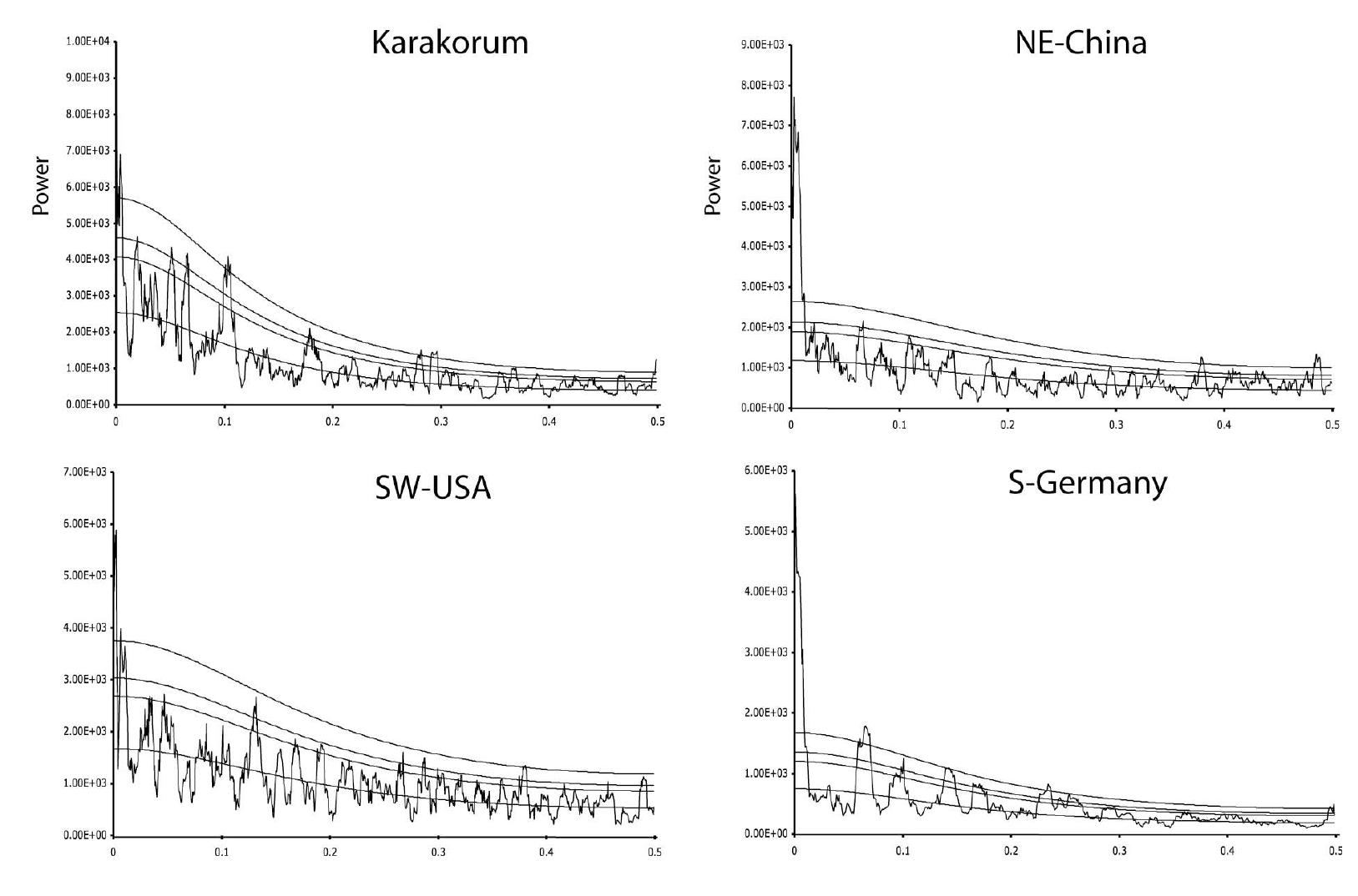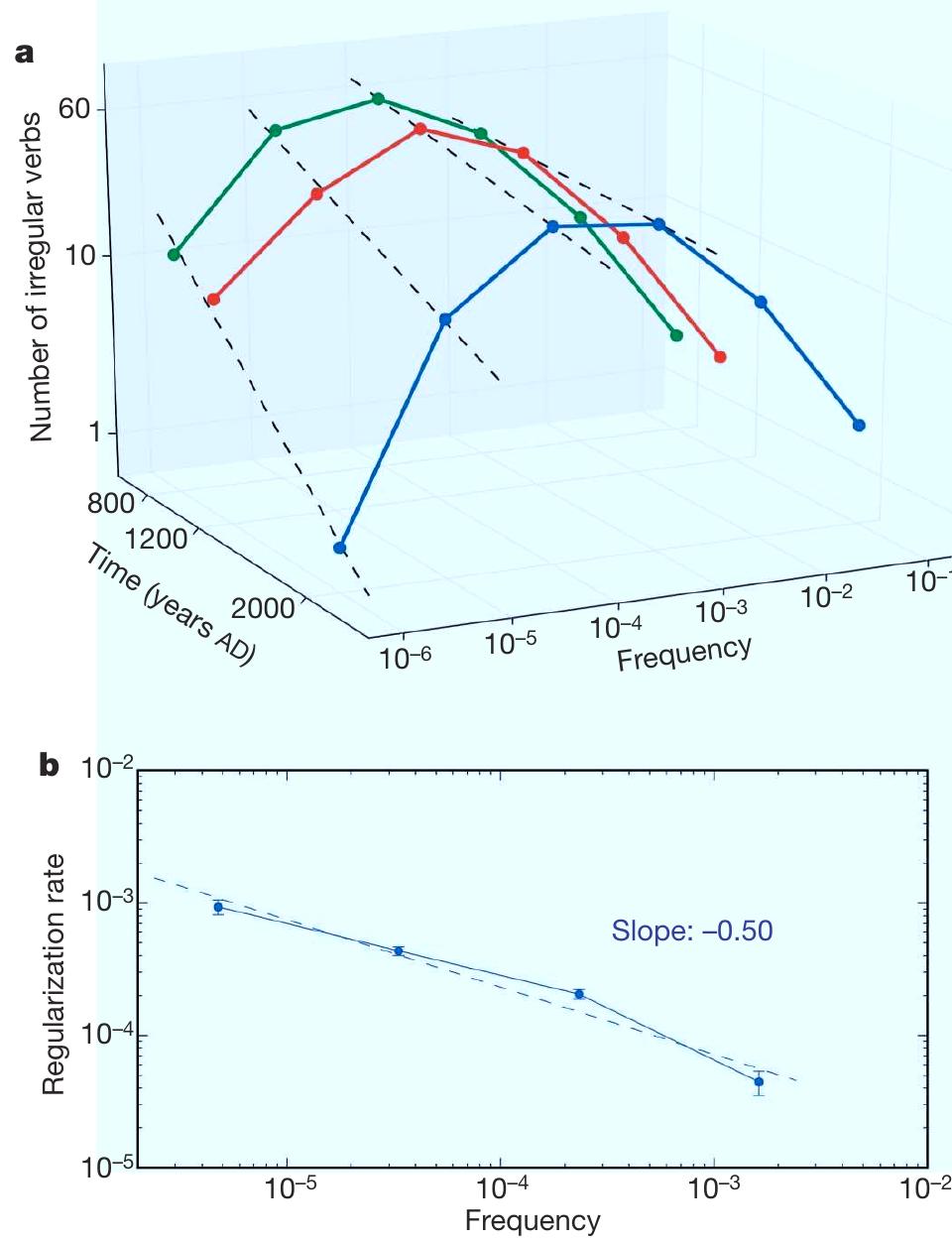Offering a comprehensive introduction to the history of books, readers and reading in the Byzantine Empire and its sphere of influence, this volume addresses a paradox. Advanced literacy was rare among imperial citizens, being restricted... more
Few Byzantine emperors had a life as rich and as turbulent as Manuel II Palaiologos. A fascinating figure at the crossroads of Byzantine, Western European and Ottoman history, he endured political turmoil, witnessed no less than three... more
Overview of religious repression in the later middle ages. Draft of my contribution to M. Rubin and W. Simons, eds, Cambridge History of Christianity vol 4
Monasticism, in all of its variations, was a feature of almost every landscape in the medieval West. So ubiquitous were religious women and men throughout the Middle Ages that all medievalists encounter monasticism in their intellectual... more
Cambridge University Press, 2020
Johnson, Scott Fitzgerald. 2014. “Real and Imagined Geography.” In The Cambridge Companion to the Age of Attila, edited by Michael Maas, 394–413. Cambridge: Cambridge University Press.
Exceptional Now The climate has been warming since the industrial revolution, but how warm is climate now compared with the rest of the Holocene? Marcott et al. (p. 1198 ) constructed a record of global mean surface temperature for more... more
Herbs and spices have a traditional history of use, with strong roles in cultural heritage, and in the appreciation of food and its links to health. Demonstrating the benefits of foods by scientific means remains a challenge, particularly... more
Twentieth-century warming could lead to increases in the moisture-holding capacity of the atmosphere, altering the hydrological cycle and the characteristics of precipitation 1 . Such changes in the global rate and distribution of... more
Role of basal ganglia: Vesalius and Piccolomini distinguished subcortical nuclei from cortex and white matter in the 16th century. Willis' mistaken concept in the late 17th century that the corpus striatum was the seat of motor power... more
JSTOR is a not-for-profit service that helps scholars, researchers, and students discover, use, and build upon a wide range of content in a trusted digital archive. We use information technology and tools to increase productivity and... more
Did the Crusades trigger significant intellectual activity? To what extent and in what ways did the Latin residents of the Crusader states acquire knowledge from Muslims and Eastern Christians? And how were the Crusader states influenced... more
Jeanne de Penthièvre (c.1326–1384), duchess of Brittany, was an active and determined ruler who maintained her claim to the duchy throughout a war of succession and even after her eventual defeat. This in-depth study examines Jeanne’s... more
In the beginning was the Word, and the Word was with God, and the Word was God. He was in the beginning with God. All things came into being through him, and without him not one thing came into being. Jn 1:1-4 For just as the body is one... more
Although scientists have warned of possible social perils resulting from climate change, the impacts of long-term climate change on social unrest and population collapse have not been quantitatively investigated. In this study,... more
Leprosy, a chronic human disease with potentially debilitating neurological consequences, results from infection with Mycobacterium leprae. This unculturable pathogen has undergone extensive reductive evolution, with half of its genome... more
before Christ to about anno Domini 1300. These people were prehistoric ancestors of the modern Pueblo cultures of the Colorado Plateau. Paleoenvironmental research based on alluvial geomorphology, palynology, and dendroclimatology permits... more
This article serves as an introduction to the new journal Endowment Studies ( ENDS ). Besides laying out the scope and goals of the periodical, it also charts the broader arc of historical scholarship on endowments. More specifically, the... more
Human language is based on grammatical rules. Cultural evolution allows these rules to change over time. Rules compete with each other: as new rules rise to prominence, old ones die away. To quantify the dynamics of language evolution, we... more
From the late Middle Ages onwards, many regions of Western Europe experienced heightened levels of inequality in the distribution of land, caused in many cases by the consolidation of property in the hands of various interest groups.What... more
The notion of an ‘Indian feudalism’ has predominated in the recent historiography of pre‐colonial India. This notion, in its different interpretations, has West European feudalism as the model for reference. At times the close resemblance... more
Het eindwerk dat wij hebben gemaakt kadert in het behalen van het diploma bachelor in de verpleegkunde. We hebben het in dit werkstuk over het ontwikkelen van een competentieprofiel voor psychiatrisch verpleegkundigen die werkzaam zijn... more
Medieval Black Death is believed to have killed up to one-third of the Western European population during the 14th century. It was identified as plague at this time, but recently the causative organism was debated because no definitive... more
In recent decades a variety of approaches have been adopted to wring as much meaning as possible out of medieval chronicles and narrative histories. Moving past the use of these texts merely as source material to reconstruct the history... more
What influence did climate have on disease in Late Antiquity? Natural archives of pre-instrumental temperature indicate significant summer cooling throughout the period. The coolest stretch spanned the 6th and 7th c., and corresponds... more
We review the history of bipolar disorders from the classical Greek period to DSM-IV. Perhaps the first person who described mania and melancholia as two different phenomenological states of one and the same disease was the Greek... more
This article evaluates 165 studies from various disciplines, published between 2000 and 2019, which in different ways link past climate variability and change to human history in medieval and early modern Europe (here, c. 700-1815 CE).... more
Topographic, semantic and factual research demonstrates the existence of the commune in the city of Angers. Then, after having examined various urban communities, the importance of the popular charity is emphasized in the formation of... more
The first 100 years of the Dominican order witnessed the transition from a small group of men dedicated to preaching against the Albigensian heresy in southern France, to a transnational order with thousands of members affecting nearly... more
Animals and products derived from different organs of their bodies have constituted part of the inventory of medicinal substances used in various cultures since ancient times. This article reviews the history of healing with animals in... more
Apart from an early case report from China (13th century) and later artistic contributions, the ®rst observations on insects and other arthropods as forensic indicators were documented in Germany and France during mass exhumations in the... more














![Figure 1 | Site locations and Central Asian average precipitation (2,9( distribution? in January and July. The study area is dominated by westerly _ livin synoptic fronts throughout the year (dark colours indicate high bore precipitation levels). ‘Bag’ includes one high (3,900 m a.s.l.) and one low (2,900 m a.s.1.) elevation site. ‘Mor’ (3,900 ma.s.l.) contains >1,000-year-ol¢ living trees. The maps are reprinted from ref. 9 (http://www.tandf.no/ oreas) with permission from Taylor & Francis. The high mountain systems of Central Asia control atmosp heric circulation patterns with stationary low and high pressure systems resulting from heating and cooling interactions with the lower troposphere, respectively’. Although there is increasing know about regional temperature trends over the last millennium—s ing warmth in Medieval times, cooling during the ‘Little Ice Age’ 10,11 recent warming’”’’—few investigations, restricted primari edge how- and y to 12-17 recent centuries and focusing mainly on monsoonal regions'*”, address variations in precipitation. However, improving know! edge regarding long-term precipitation changes and potential large-scale Our study sites are located in three valleys south and north of the main Karakorum range (Fig. 1). They transect a southwest—northeast precipitation gradient with increasing rain-shadow effects northward through the mountain ranges. Three sites are situated near the upper timberline (>3,700 m above sea level, a.s.].) and one near the lower timberline (2,900 m). According to local site ecology and vegetation cover classification, two sites were classified as cold/moist (“Ram’ and “‘Bag-high’), one as warm/dry (“Bag-low’), and one, containing the > 1,000-year-old trees, as cold/dry (‘Mor’). Except for the Mor site, 5'8O measurements are confined to the period 1900-1998 (Sup- plementary Table 1). All sites inter-correlate significantly (P < 0.001) (Fig. 2a), suggesting common climatic forcing independent of poten- tially differing moisture sources, elevation and local ecological conditions. Similarities in the annual series are not limited to the](https://figures.academia-assets.com/32521287/figure_001.jpg)
![Figure 2 | 5'8O site chronologies and climate correlation. a, Site chronologies, including the most recent part of the millennial-long Mor record, together with the grand mean of all sites. r is the mean inter-series correlation. 880 = [(('8O/!°O) .ampte/('8O/"%O) standard) — 1] X 1,000. b, Correlations between regionalized precipitation and temperature records (REG), the 5180 site records, and the adjusted average, ‘Kara. REG was calculated by averaging station anomalies for temperature, and normalized indices for precipitation. Kara is the arithmetic mean of the site records, after adjusting the twentieth-century mean §'°O values and their variance to Mor. Climate correlations are calculated for individual months from October of the previous year (‘O-Py’) to September of the following year (‘S’), their mean (‘O-S’), winter half-year (October—March, ‘O—M’) and summer half-year (April-September, ‘A—S’). Correlations cover the full period of instrumental station data with a minimum replication >2 (AD 1898-1990) (Supplementary Figs 1, 3). 95% significance levels are adjusted for lag — 1 autocorrelation. Correlation analyses using all 8'°O site records, their mean and variance-adjusted average (which we term Kara, derived from Karakorum), and regionalized climate data (REG; Supplementary Fig. 1) show no strong link to temperature variations but do correlate significantly with precipitation totals (Fig. 2b and Supplementary Fig. 3). This pattern is common between the sites, and has greatest similarities to mean annual precipitation (measured from the end of the vegetation period from the previous year to the end of the subsequent one: October—September), which is dominated by the winter half-year precipitation from October to March. Hence, tree- ring 8'°O serves as a proxy for the amount of precipitation, which at these elevations primarily falls as snow, providing the main source of water for the trees. This holds especially in spring, when early wood cells, which account for about 90% of the total ring width (roughly 80% of ring mass), are formed. The effect persists in part during summer, as much of the summer precipitation at high elevations falls as snow (but contributes less than 20% to the annual total). Snowmelt provides a more stable water source than rainfall with rapid surface runoff, which is supported through slightly positive correlations with summer temperatures. Potential effects of varying ratios of snow and rainfall could also affect the detected climate signal, but were not supported by calibration tests against instrumental data. The detected signal stems largely from the markedly depleted snowfall that dominates the annual precipitation regime’”*°, The negative relationship between precipitation totals and tree-ring 8'*O is strengthened through complex effects of varying humidity on plant physiology'*. Simplified, moist](https://figures.academia-assets.com/32521287/figure_002.jpg)



















![Figure 2. The central Dutch river area with the western Betuwe located Source: ‘Kaart van het arrondissement Tiel, waaronder behoren de Bommelerwaard, de Tielerwaard, en een gedeelte van de Betuwe’ <http:// www.archiefeemland.nl/collectie/kaarten-en-ontwerptekeningen/detail?id=10225d26-dc46-1 1df-a9e7-7590f0316edd> [accessed 21 November 2013].](https://figures.academia-assets.com/32817589/figure_002.jpg)








![Sources: Centraal Bureau voor de Statistiek, ‘Volkstellingen 1795-1971’ <http://www.volkstellingen.nl/nl/> [accessed 20 June 2013]. Table 4. Population figures for the Oldambt, 1795-1899 the population of the Oldambt increased by around 15 per cent.'’? The greatest demographic explosion came in the first half of the nineteenth century, however, as the number of inhabitants almost doubled between 1795 and 1859. The last decades of the nineteenth century also showed demographic growth, with the expansion of the regional capital, Winschoten, into a small town. The Oldambt population in 1899 had increased by a ratio of 2.78 from the figure in 1795, and furthermore, there appears to have been a relentless upward demographic push all the way from 1730 to 1900. Demographic growth in the Oldambt exceeded the general rate for the whole province of Groningen.](https://figures.academia-assets.com/32817589/table_004.jpg)





![Gerrard & Petley, 2013; Hoffmann, 2014). In addition, for example the cold periods of the 1430s (Camenisch, 2015a; Camenisch, 2015b; Camenisch et al., 2016) and the 1690s (Cullen, 2010; D'Arrigo, Klinger, Newfield, Rydval, & Wilson, 2020), and production failures following particular volcanic eruptions, like the 1257 Samalas eruption (Bauch, 2019; Campbell, 2017; Guillet et al., 2017; Stothers, 2000), have received considerable attention. Furthermore, studies on extreme drought or flood events commonly include discussion about impacts on the grain harvest (see, e.g., Kiss, 2019; Kiss, Piti, Sebok, & Teiszler, 2020; Pribyl & Cornes, 2020; Stone, 2014). Although a majority of the stud- ies focus on particular crisis events, some publications explore the dynamics between climate variability and crop yields on multi-decadal or even multi-centennial time-scales (see, e.g., Brazdil et al., 2019; Campbell, 2010; Huhtamaa & Helama, 2017a; Huhtamaa & Helama, 2017b; Landsteiner, 2005; Parker, 2013; Pfister, 2005; Pfister, 2007b). t7T1.°2—.2 ™... 1... ... ] Ml" 4... [ANA QA\ 3°..* 1. 1 Mm....... 22224. 2h... 1... Cee hliwwee iw wd Clk CiwLd* ww at CP ew aCe eesti‘ iCi~é te 1a](https://figures.academia-assets.com/74526765/figure_002.jpg)






























![“CST GS9 “pS-IST #1 quo Diad¢ ‘dINUaARUOG Ul UNLO[NILISOS WNPOU PV DIIA]JOI LIIWIAG USTAY) OSSD 9, gouraduad 10} a1ISap 94) pur panvy payduroid Ao] ‘uoMROLZHUAp! yons ysnolyy JOH Jo ainsvgfd pue Aynveq oy) Ut oB[Npul Aayy se ude ‘JSLIYD Jo uorssed ay: yJJNS JSNUL sJUTeS oq 0} atIdse OYM ]]B puw sjuTes JOY ‘saLivJUIWIWIOD pu SUOUIIs | passaidxe osje UOHIqUIE UL YIM JU9}s}suOo AYOA DIOM VLONLUIZUT puke SUOT NUD HOU} ‘JOA og. SMOL OY) JO WisIpes pue AyruRwNYyUt posal ay) punose oajoaa O edaq sJUaWIa]a A10}S SNOLIBA ‘eLUBOpP pue JYSnoy) ULY) VOU! UIAD VOLVUTSeUT pul UOTOUS ot} Surouenyjur ‘ssausnolosuos aejndod ay payeyoued pur adomy wx SOM UT peoids AWURTISLIYD SY,, :Persasqo WOSsES-UEg JOITIH WISH “eutIO98q SMO 4} jo Aysoy pourseur ay) pynom a{qidur} o10ur ayy ‘WwopiAyeu UMO Noy} pul iy YM AyyedurAs sem Yor ‘ISLIYD JO Daoy a Io} Kayq soyjoq ot) Ng WF SuLIOUs 0 JoIJUo sTyy BuNdosov udaMJoq J9}99) AJOINS P[Nod ajdoad uoummo; “a]qvsaua/ Uy} Lola pres ,‘synsur ystmor Apajadui09 s[99j |S ISLIYO,, “Polffony out quia Ay eduiss sem SMar dt} pur pOH UsEeMAJOq YDI]JUOS oY} JO uoyedsedoid oy) Ul WOR, Coad aur0daq 0} SBM snsaf UT AjsafeL Spo JO UONeINUpy “‘pereY pue ysnssip Ac g}JO]UOD Sedov] YIM wou (ysIMer) BurjUIOd a10J9q uuopjeyd & uo BulpuLys WSL N}MOLOS BU} SHY ‘ewoy a99q “susIs poiured oy} ayT] :,.SeATasuay) Pyoy SMO yy) MOY puL FAsUY Ppey swYyD Moy Ajaureu ‘uosees oy} Jopisuos ‘rouuPU ay AOU ‘UBUE ‘QJ9H],, ¢ JOPAN Souueyor “UeoTUTWUOC] Asinquao-yuaeiflf B PIosTe , “SITY, 0 uorssed ay) UI S}sTSUOD UTEF URNISTIYZ) BY} JO UOIssayUOS ot} JO WINS O1US ouL ISLIYD YIM parjtonso 9q 0} st Ayuse}o pur ‘Aysofew ‘ssourddey ‘Aynvsq Jo 331s Oy, gz POT aq 0} St A}{uI9}9 at) SITWIPE 0} ‘pajUaTUIO} oq 0} ST ssoutddey ou} aiuipe Q] ‘palojOosIp 3q 0} SI Aynvaq at} aITaIpe 0} ‘posoljsep aq 0} ST Aysafeur Ce Paeeeanan at nip ‘teeariddyen om ‘fineagd um “amod](https://figures.academia-assets.com/32735068/table_025.jpg)
![AVONPIUN 3Y} JO} SOSTUTT JO UONOUNJ OIOEPIP 34) UIL]AXD O} UO S906 9H ,, SMUepUsdIod eV1309 raduias vid ‘yadiad snureaqap s1owe sniyyt ord Wynjoaur sessed srudeul 33 UE SOU BUEN ‘snuli]OI9I AUOISSIWIIDIUI JUIS BSsIpNJzad wWayioU siqou Od UesOTUTWMOUST Wey nunut oyzo9ed snjiuad rawo qe wna nb ja ‘InurepusooR wWasoure snityt pe sntiajur onbonb ‘INUIVUIZEUIL SIIOJ WIAUIPNIIWIS stonso Jad wajsoul snia winp snaajenb ‘snurjuasaidaz yoaap eid ,“unjzoIpayew, vonJo ur ,sigou Od, asdijsa ,snjoej, ‘Joradisa ,si89] OJDIPsEW ap qo ‘enb ‘urauorssed WsiyD siqou WepueIOpeE WeULIO} s1onto Jad pas ‘snuyjoo auruinu oid ISBUIL 194 Jaqi|SNins jaa rx1yronso ‘sirerudumyes ny yn ‘anban,, :OZ-OL S9Ul] ‘O8 “PIO zg “AILOP! URNSHYD pue vax) & uo Burp Cue JO ssoupasind oy] 0} SHIN) U9Y) 9H, MoIeUTIp oiaqiosuos srapidey sijnqey ur eridoid WU welja WnJ9A ‘aiadioaid Opusoipa INOS UOU ‘juaLaT} ‘Jsa ,snjOURS, IsdEynos ,‘anbryoues, JAIA OpUBAIAS Wenb ‘uepnZar ans ayysnt ureurrssysajiod stjos snqmb ‘jaroonp sousip }10309 Ins srurwou 1ouRs sojos sonb ,‘asstdaya warelpnaed wnyndod, ui snqruoreu tpunu sng 10 xa onbyjue qe soa 1qis uNag ‘syesoj wind ‘syimdsuos opuso0yqe ja Opuvsi9axa sonjIOW 2S 9B soa Inb ‘siytoRy wMIoIpniaid siovpng rweNsuyD SOA wNUsey,,:sty) dyI] suIsoq ‘OIL LL ‘wnjgnosndg¢ ‘snoepny wepuonb snuuewia}) Jusuie}e}s Ss sepne ‘snoepnr wepuonb [CUIDH] JO WOT]D9][OIII 9Y] WOIF YONUE OS SIaz}Ip supnuy ayy AYA aleydxa ‘IgAgMoOY ‘Jou soop *(19K9UTIIN SMOTLOJ OYM ‘Qp-—CHzZ [ERGI ‘S81 BIUTIOF TED Jo Ayssaaiuy, :AapaysIag] 277aq adny ‘uasuq wea uyor ysurese tC] ‘s¢Eq) aieqap sty 0} Aypeotjioads siajos supnuy ay) ey) Taq Osye OYM “(Op “U CE-PET [SR6I ‘Bupa -eorjqndsoy :Binqarg ‘11 uarpnig sadingsarg] G uoa jiadny 1aqn ualpnig anany) tumMpsy edIAOPOT] BLL] 99S ‘d}Eqap ay] JO UOTRIOT 9I} sula]qoid 10,j -(aduvyoIoyUI Jenjov sy) Suyoaijar ansojerp ayy ‘asojaq isnf Jo ‘[gz]] pue | uaaMjoq] Unavpne ja wnuUDIyS11Y49 427U1 snZo]DIp aals snynuy [eUOTIAIy sty paystury pey ny Joye ysnf) Jaysunyy ur sdeysod ‘gz] | ul zjnaq uoa ysadny YIM uoNendsip & u! pasesua IT] JLY] Noe puL ‘JaISUN|Y 0} BJOUN UL JIM Ssautsng UO payaAry [UULUIOL 19}e[] oUZO] JO Mar B ‘prAec waq SepNe ‘¢8-9L ‘Ep—-Ob (C96T “Ad [OFYORN sne[yog wurursay -1ew1s A UIDIN 2PUL][IIH ‘p2) ONS auolssaduod ap tunjnosndg snoepny WepuoNnb snuucuisoyy ,g](https://figures.academia-assets.com/32735068/table_026.jpg)











![Fig. 2. Close observation of decomposition of human corpses built the basis for these figures: (left) “Dance of the Death” (ca. 1460, from: Stammler: Der Totentanz, Munich, 1948); (right) grave of Robert Touse who “expects the resurrection of the dead’’ (exact time of maki unknown, from [11,54]). Note that maggots are displayed similar to snakes, or worms (on the left picture), and that all heads of the corpses : already skeletonized.](https://figures.academia-assets.com/6573867/figure_001.jpg)

![Fig. 5. Figures of flies from Mégnin’s faune de cadavres [63]: (top) ‘“‘Pyophila petasionis Duf.”, middle: ‘“Sarcophage carnaria Meig.”’; (bottom) “Zucilia Caesar Rob. D.”](https://figures.academia-assets.com/6573867/figure_003.jpg)
![Fig. 6. Figures of beetles from Mégnin’s Faune de cadavres [63]. From left to right: “Silpha obscura” (adult and larva), ““Saprinus rotondatus”’ (adult and larva), “‘Hister cadaverinus”’ (adult), and ‘‘Tenebrio obscurens”’ (adult and larva). Another study on this subject had already been set up by Murray Galt Motter, “Volunteer in the United States Bureau show that M. Mégnin’s deductions were erroneous. (. . .) The chief danger to be feared from Mégnins imitators is that they might tend to indulge in guesses having no very solid basis and to apply rules to countries and climates where they were](https://figures.academia-assets.com/6573867/figure_004.jpg)
![Fig. 7. Influence of caddis-flies on a child’s body; case investigated by Holzer (from [43]). Beginning in the 1920s, species lists and monographs on forensically important insects were finally published (e.g. (38,53,84,91]), with a focus on ecology, metabolism or anatomy, e.g. [8,14,19,20,22—25,27,31-34,39,40,46,50,52, 57,66-68,70-72,81,83,84,93,94, 100-102, 104—108,111,112]; see also [6,26]. Pest control, and “maggot therapy” were both of growing interest during this period, and many con- tributions stemmed from these fields (e.g. [5,7,35,36,37, 42,47,53,82,86,95,96,109,110]), creating a major scientific source for interpretation of forensic insect evidence. In the context of pest control, for instance, it was found that adult flies may be present near dying persons or animals before their actual death [21]. It also became popular to investigate the entomological status of ancient mummies [28]. A few years later, Hermann Merkel, professor at the Insitute for Legal Medicine in Munich, extended Meixners observations with case reports that demonstrated that the circumstances of death could influence the course of insect succession. In a case from summer 1919, a son had killed his parents and stored the bodies next to each other for 3 weeks. At autopsy, the bodies were found to be in different states of decomposition: the obese body of the mother (shot in the](https://figures.academia-assets.com/6573867/figure_005.jpg)

![Fig. 1. Chapter 5 of Sung Tzu’s Chinese book on Forensic Medicine deals with a case of stabbing solved by use of insects: adult flies detected blood on the killer’s sickle (from [10]).](https://figures.academia-assets.com/6573867/table_001.jpg)